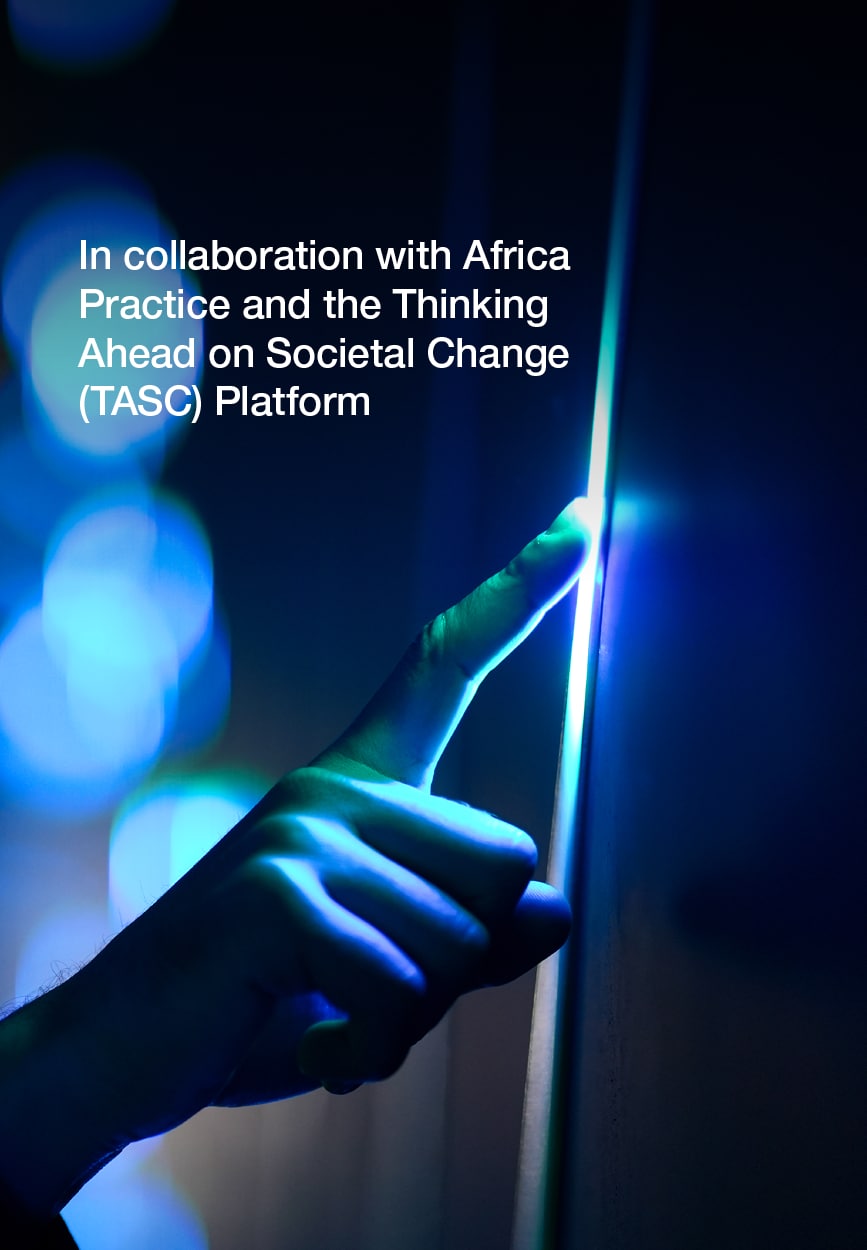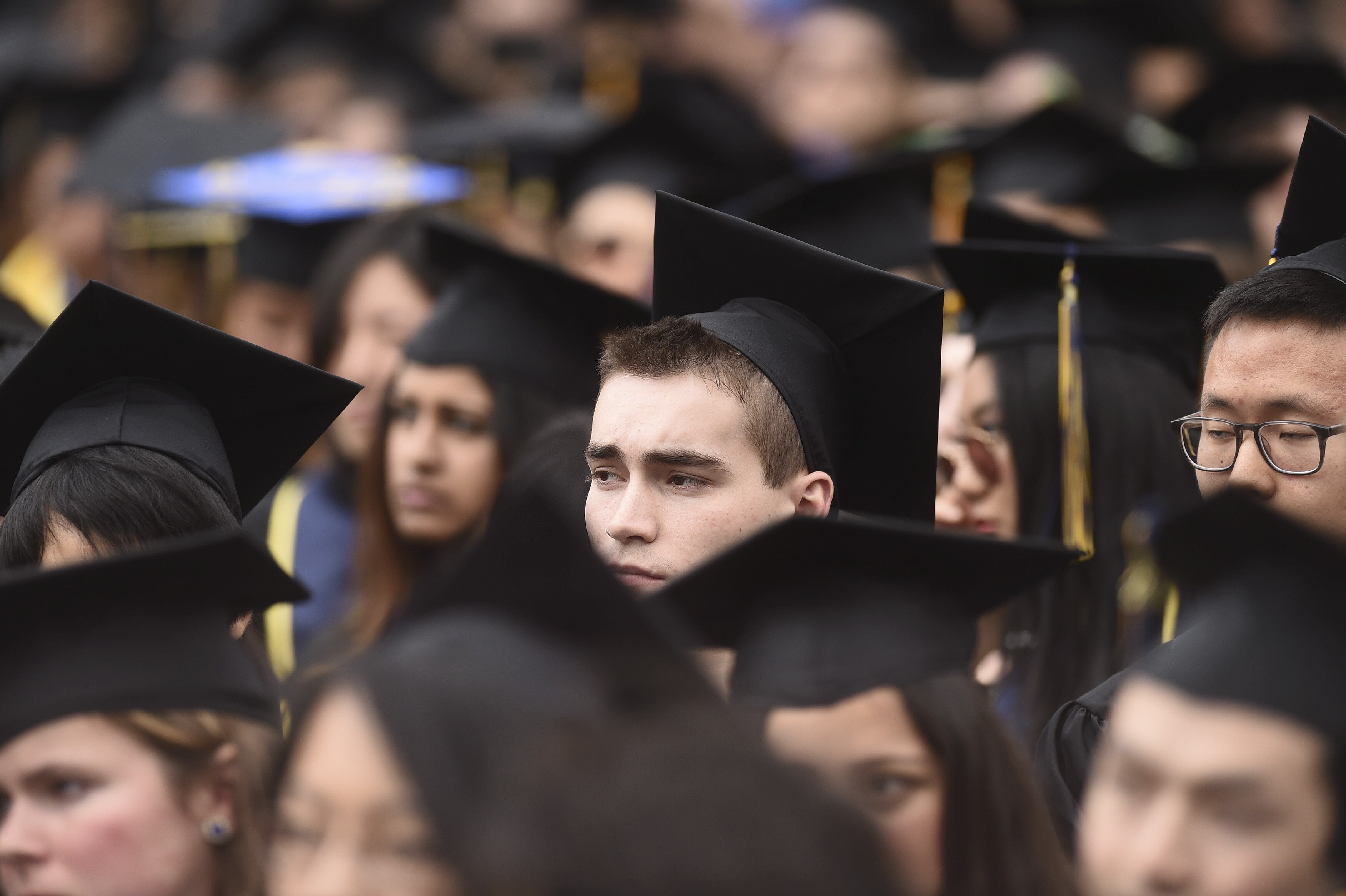Has the education innovation bubble popped?

Stay up to date:
The Digital Economy
Educators crave creativity, students long for lessons that are relevant and employers want graduates to be better prepared when they come knocking on the job-market door. From afar, it seems unrealistic to achieve so much in the current context.
But on the ground, the global conversation on innovation in education is much louder and the urge to get rid of the antiquated education system has never been stronger. In fact, education was one of the most innovative industries in 2014 in the United States with venture and equity financing for ed tech companies soaring to nearly $1.87 billion (source: The New York Times).
In 2012, MOOCs took the world by storm. From Chicago to Chengdu in China, the general public thought that innovation in education had finally kicked off. Indeed, digital disruption at large has led to the creation of MOOCs, portals like Khan Academy and learning models such as blended learning and flipped classrooms. Yet, a few months later, a massive critical bashing of these emerging innovative models led people to believe that innovation in education was dead! Case closed!
But are MOOCs and mobiles standalone solutions to the problems facing education? Is the future of education solely dependent on technology?
I don’t think so.
The future of education lies at the grassroots level, in the hands of thousands of educators, social entrepreneurs, researchers and experts who are working incessantly to build a sustainable and meaningful education system for all. For example, the young change-makers on this year’s Forbes 30 under 30 list have made formidable contributions to shaking up the education sector.
So what will innovation be about in the years to come? It will be about what we learn and how we learn and implement all that we learn in our everyday lives. Innovation will be about designing a new curriculum that matches “real-world needs”, revamping class design to improve interaction and collaboration, reimagining a teacher’s role in classrooms of the future, harnessing Big Data and Artificial Intelligence to improve learning outcomes, and making further advances in neuroscience to understand what happens to the brain when we learn.
Around the world, both public and private initiatives have made substantial strides towards reinventing the way we access, teach and learn. In the UK, Studio Schoolsare pioneering a bold new approach to learning. Here, kids work on projects that are “for real”. In the US, High Tech High is built around project-based learning. Here, teachers design the curriculum rather than just delivering it.
In remote parts of Bangladesh, solar-powered floating schools provide children with access to learning amid chronic floods. Another example in neighboring India is theRiverside School where kids take local issues into their own hands and educate citizens, including their own parents! Low-fee private schools such as PEAS and Bridge Academy are serving the poor in many developing countries around the world.
The list of examples is endless, just like the innovative ideas that continuously sprout in the minds of the ‘Movers and Makers’ of education around the world.
So has the ed tech bubble popped? Maybe… Has the “innovation in education” bubble popped? Not just yet. The winds of change are only beginning to gain momentum.
Published in collaboration with WISE. Publication does not imply endorsement of views by the World Economic Forum.
To keep up with the Agenda subscribe to our weekly newsletter.
Author: Sebastien Turbot is the Director of Content and Curator of the World Innovation Summit for Education, an Initiative of Qatar Foundation
Image: Profile of students taking their seats for the diploma ceremony at Harvard University in Cambridge. REUTERS/Brian Snyder.
Don't miss any update on this topic
Create a free account and access your personalized content collection with our latest publications and analyses.
License and Republishing
World Economic Forum articles may be republished in accordance with the Creative Commons Attribution-NonCommercial-NoDerivatives 4.0 International Public License, and in accordance with our Terms of Use.
The views expressed in this article are those of the author alone and not the World Economic Forum.
Forum Stories newsletter
Bringing you weekly curated insights and analysis on the global issues that matter.
More on Education and SkillsSee all
Mark Esposito and Ava Fitoussy
September 22, 2025
Naoko Tochibayashi
September 17, 2025
Shankar Keshav Prasad
September 15, 2025
Emilian Axinia
September 11, 2025
Alexander Shevchenko
September 4, 2025




